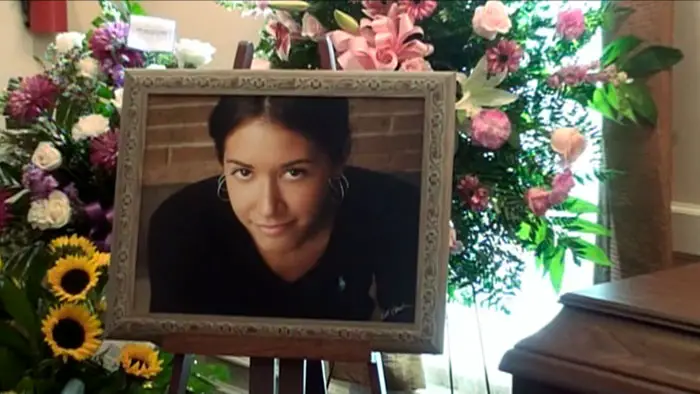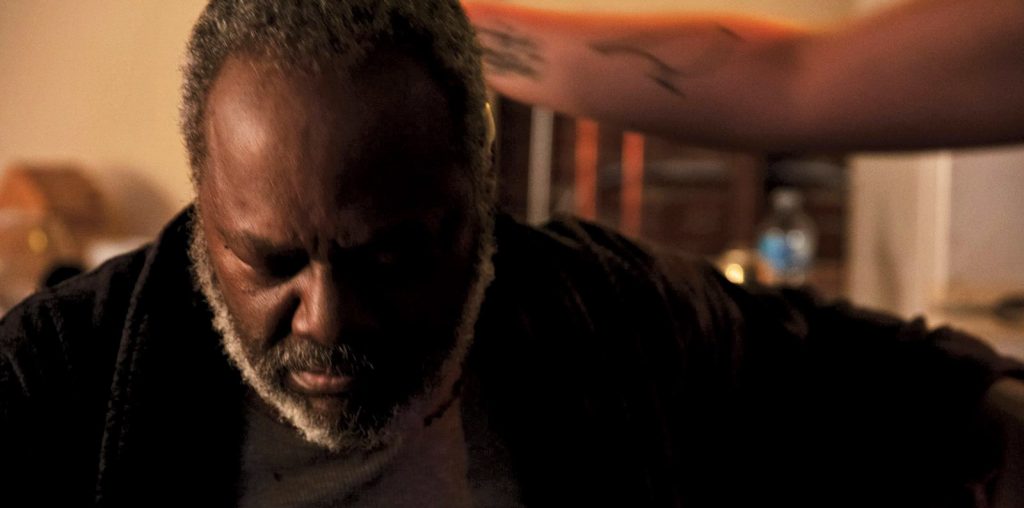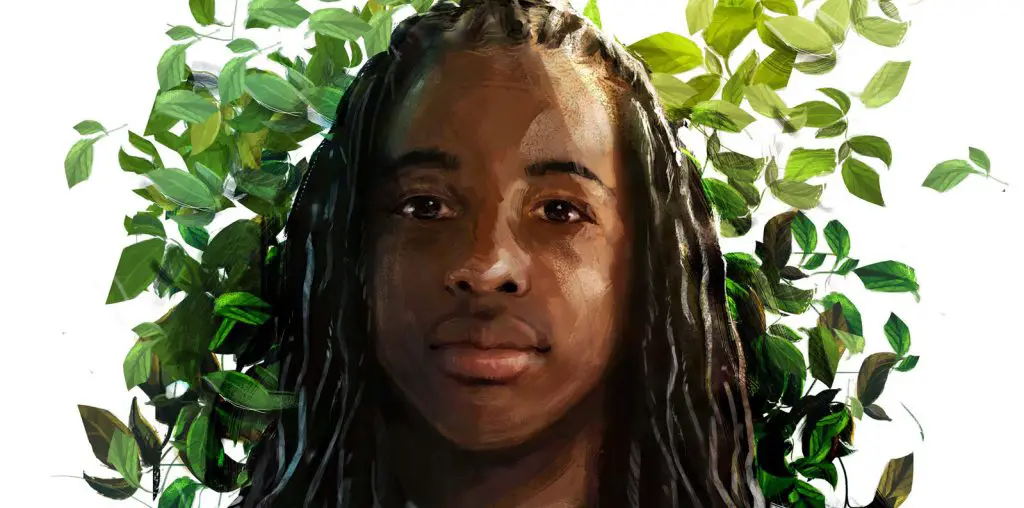
Alice is Still Dead is a heartwrenching documentary about the life and murder of Alice Stevens. The film serves to celebrate its titular subject, showing Alice’s lasting impact on her family and friends while refusing to shy away from her flaws and hang-ups, which indubitably make us all human. I had no prior knowledge of the events covered, but writers Edwin Pendleton Stevens, Joe Raffa, and Meredith Mantik did a great job of sucking me in and making me care for the people involved. It’s easy to empathize with what Alice’s family and friends went through, and the film is skilled enough to make viewers feel as if we were friends of hers too.
The film is told from the perspective of director/co-writer Edwin Pendleton Stevens, the older brother of Alice. Stevens mentions that he’s creating the documentary as a tribute to his sister and plans on driving across the country from Glendale, CA, to Thunderbolt, GA, which was the site of her murder, with stops to other places significant to Alice’s life and the life of the Stevens family.

“…about the life and murder of Alice Stevens.”
First, he interviews family members who all share great insight into Alice’s beginnings as an adopted mix-race child and tells stories about her rebellious nature and how her older brother’s suicide greatly affected her. Next is a detailed look at Alice’s life post-high school, and we meet her college roommate and friends. They hint at her habit of dating abusive men, which leads to her relationship with Forrest Ison, the man she was with the night the two of them were murdered.
I know the story is about Alice, but the lack of insight regarding Ison and Alice’s relationship hurts Alice is Still Dead. It’s stated that he was abusive towards Alice and family members say that one of their biggest regrets is not stepping in and doing something about that abuse. But at the end of the day, the reasoning as to why Alice and Ison were the victims of a heinous crime seemed trivial and not something that should immediately be attributed to Ison. Ison might have been an abuser, but he was still murdered in cold-blood, and I feel like the story sidesteps the tragedy of that by only portraying him as problematic and not emphasizing that he didn’t deserve to be brutally executed. This lack of proper representation for Ison is something that bothered me a bit.

"…I found myself celebrating for and with them."



So the boyfriend was abusive, Alice stayed, and the family seemed to blame him for her being murdered in a couple spots in the film. I thought that was really unfair. Plus why bring up the state of their apt and then just leave the story dangling. Other than that, I thought it was a well-done film that will probably stick with me for a while.
Was Alice a drug addict?
I’m asking because I don’t understand why there was dog poop all over the house, some of it was very old? Who lives like that? I would think they would have to be either crazy or on drugs.